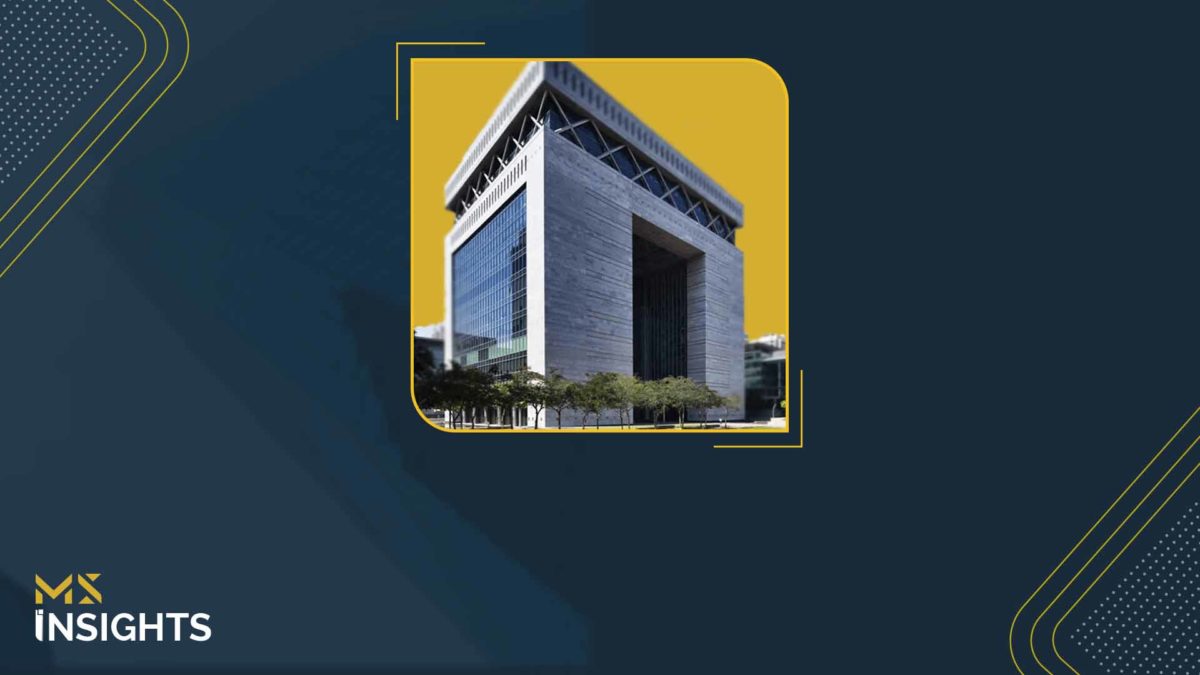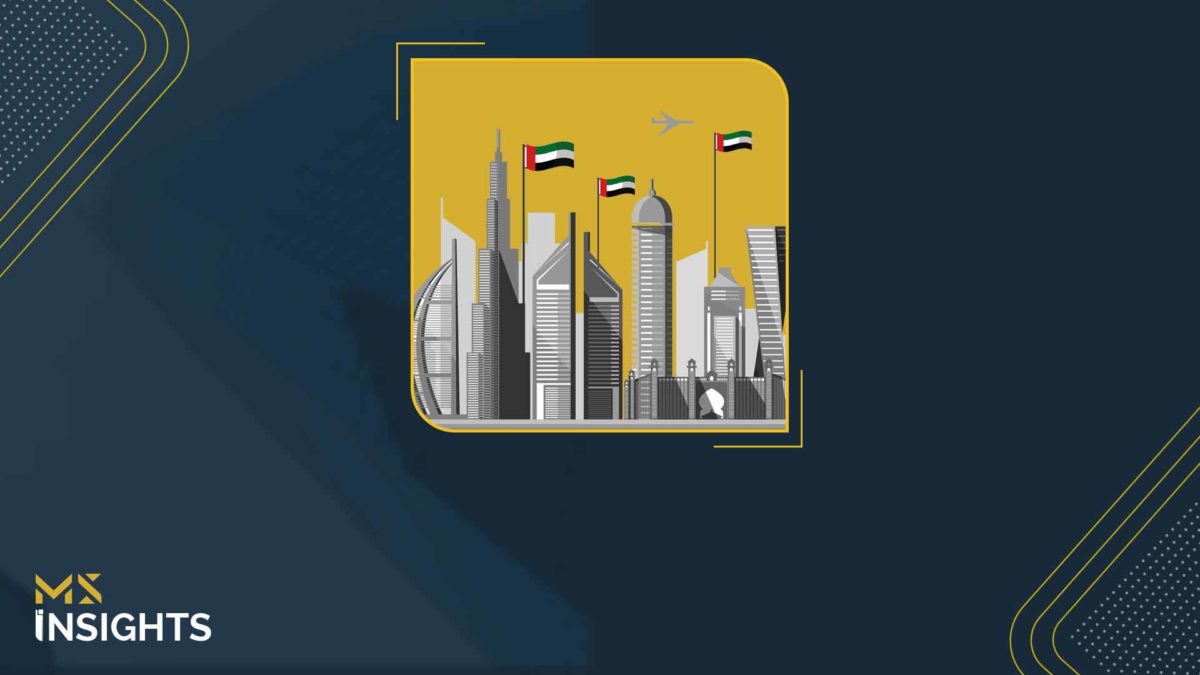What if you could simplify your business structure, shield your assets, and slash your costs—all while tapping into one of the world’s deepest financial centers and leveraging the benefits of Prescribed Company in DIFC?
With a Prescribed Company (PC) in the Dubai International Financial Centre (DIFC), you can do just that. This unique business structure offers a smart, streamlined way to establish a presence in the DIFC, giving you the flexibility to operate on your terms, without the usual restrictions and overheads.
Since you are here to explore more about PCs, let’s dive into the benefits of Prescribed Company in DIFC.
Key Benefits of Prescribed Company in DIFC
1. Exemptions from DIFC Law Requirements
One of the key advantages of establishing a Prescribed Company in the DIFC is its exemption from certain regulatory requirements that typically apply to other DIFC entities. These exemptions include:
- No Requirement for Principal Business Activity in the DIFC: PCs are not mandated to conduct their principal business activity within the DIFC, offering flexibility for entities focused on global or regional operations.
- No Obligation to Establish Physical Operations in the DIFC: PCs are exempt from the requirement to establish operations in the DIFC, further reducing overhead costs.
- Simplified Financial Reporting: Not all PCs are mandated to audit their accounts or file them with the DIFC Registrar of Companies. However, they must still comply, prepare, and maintain accounts as specified in DIFC Companies Law, ensuring transparency.
2. Robust Asset Protection
A core benefit of the PC structure is its ability to effectively ring-fence assets and liabilities, providing a strong shield against financial and legal challenges. This makes it an ideal choice for entities focused on safeguarding investments, intellectual property, and other assets from external risks, ensuring continuity and security in uncertain business environments.
3. Broad Eligibility Criteria
The Prescribed Company regime is accessible to a wide range of qualifying applicants, including entities involved in holding investments, managing intellectual property rights, and other eligible assets. This broad eligibility makes it an attractive option for various types of businesses, from startups to established enterprises looking to optimize their operational and financial structure.
4. Designed for Passive Business Operations
Among the benefits of a Prescribed Company in DIFC is its design for passive business operations, such as holding investments or intellectual property. This focus ensures a clear and efficient approach to asset management, making PCs ideal for entities that do not require an active business presence but wish to benefit from the favorable legal and regulatory framework of the DIFC.
5. Flexibility in Registered Office Requirements
Another one of the notable benefits of Prescribed Company in DIFC is the flexibility in registered office requirements. While a PC is not required to lease office space in the DIFC, it must have a registered address in the DIFC. This address can be the registered office of its Corporate Service Provider or an Affiliate that is a Registered Person, provided that the office is not designated for retail purposes. This flexibility allows businesses to minimize overhead costs while still maintaining compliance with DIFC regulations.
6. Exemptions for Crowdfunding and Structured Financing Activities
A Prescribed Company in DIFC with a crowdfunding structure enjoys several exemptions, further highlighting the benefits of a Prescribed Company in DIFC.
- Crowdfunding Exemptions: A PC with a crowdfunding structure is exempt from the Companies Law requirement to have no more than 50 shareholders. Additionally, if its annual turnover is no more than USD 5 million, it is exempt from the need to prepare and file audited accounts, even if it has more than 20 shareholders.
- Structured Financing Exemptions: PCs involved in structured financing are exempt from filing and auditing requirements. Furthermore, PCs issuing bonds or sukuk to the public can bypass the usual prohibition against private companies making public offers and the 50-shareholder limit.
7. Reduced Fees and Cost Efficiency
The PC regime in the DIFC offers a low-cost structure with significantly reduced fees. The application fee is a one-time payment of USD 100, and the annual license fee is USD 1,000. This cost efficiency, combined with the flexibility and exemptions provided by the PC structure, makes it a highly attractive option for businesses seeking a cost-effective entry into the DIFC.
Maximizing the Benefits of Prescribed Company in DIFC
The benefits of Prescribed Company in DIFC include a unique combination of flexibility, protection, and cost savings that is hard to match. From reduced regulatory obligations and robust asset protection to a streamlined approach tailored for passive business operations, the benefits are clear. Whether you’re looking to safeguard your assets, manage investments, or optimize your business structure, a Prescribed Company provides a strategic edge in today’s competitive market.
Simplify Your DIFC Entry: Expert Prescribed Company Setup with MS
Ready to make your mark in the DIFC by leveraging the benefits of Prescribed Company in DIFC? At MS, we simplify the setup of your Prescribed Company, turning your confusion into streamlined solutions. From expert guidance to seamless execution, we ensure your entry into the DIFC is smooth and efficient. Start your success story with us today!












